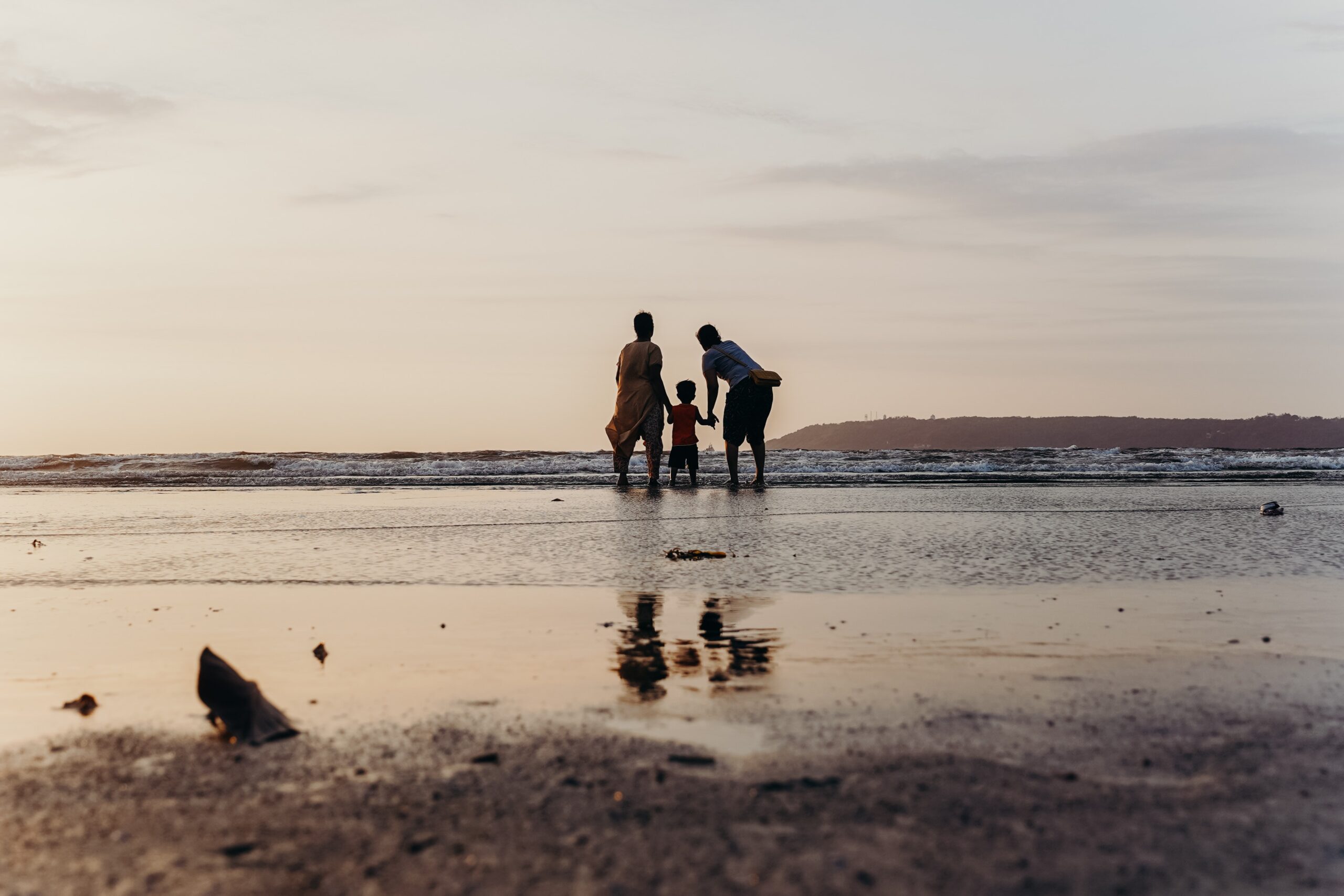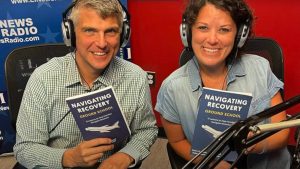
Addiction is a response to trauma. So, I’ve spent a lot of time researching my Norwegian ancestor’s plight of immigration. Through the lens of today’s modern conveniences, their lives seem unimaginable. During a famine my ancestors saved enough money to put one of their boys on a boat to the USA for the promise of a better life. However, conditions during the famine were bleak. There was no food and people were forced to eat the bark of trees. A young Andres Ness was put on boat and I am sure the conditions of the boat were awful. I look at travel though modern inconveniences, like a long line for security.
My Ancestor’s Story
Once in New York, Andres didn’t speak the language, and we know that immigrants were not treated well. Scandinavian immigrants moved to the northern Midwest, a climate that was familiar to them, to start farming. Once in their small town, they settled on land that was full of trees and stumps. Consequently, it took them two whole years to improve the land to be able to farm it.
Marriage was a matter of necessity. So, Andres quickly married and began having children in earnest. He immigrated to the US, and started working on his farm. Andres got married and began having children all in his late teen and early 20’s.
In modern addiction treatment, we know that addictions begins as a response to trauma. When we look back at Andre’s life there were significant traumas. Leaving his homeland, immigrating alone, starting a family as a teen, and working in a farm as a teenage parent. Today, we would consider any of these experiences to be traumatic and Andre’s life was full of these traumas. Certainly, in the generation of his children we see a lot of addiction. All are responses to their traumatic childhood.
Trauma is Generational As Well
You have probably heard that trauma is handed down from generation to generation. Studies have shown that trauma can be passed down 4 or 5 generations. I’ve spent time reflecting on this, trying to figure out how Andres trauma affects me to this day. My birth was a product of the decision to put Andres on that boat. Growing up in rural Wisconsin, close to Andres farm, I ate traditional Scandinavian foods. So, I can see the connection to these decisions of my family. However, I couldn’t figure out how his trauma affected me.
Recently, it occurred to me that I don’t fully grasp how their hardships affect me today. I don’t know how a trauma in my family a few generations back might show up in my life, that is until I recently passed up buying a pumpkin. I stood in front of a beautiful pumpkin at a farm stand. It was marked half price and I stood in front of it, frozen, unable to decide if I wanted to buy it. I walked away from that pumpkin feeling sick to my stomach.
I don’t like Halloween. Don’t celebrate it either. I’ve hardly ever dressed up and a walk through the Halloween section at Target can bring up anxiety, rage, and anger in me. As I stood in front of that pumpkin, I began to reflect on my lifetime relationship with Halloween.
More Instances on Family-Related Traumas
My mom’s first son died shortly after his birth on Halloween. This was the late 60’s, my parents were very young. During that time, fathers were not allowed anywhere near the delivery room, they were sent to the waiting room down the hall. After my older brother passed away, the hospital never even let my mom see his body. He was whisked away, my mom never getting to see, hold, or say goodbye to my brother. It pangs me to imagine my mother and father leaving the hospital, hearts heavy with pain and no closure, just a gap.
I doubt that my young father was equipped to support to my grieving mother. This was a time where there was no maternity leave and no support groups. My parents returned to work and “regular life” with no therapeutic treatment. I imagine my father’s support showed up in some form similar to “you just have to get over it.”
Growing up, Halloween was a time when my mother always had a short temper. My living brother and I knew only a little about the loss, but we knew that our mom didn’t like Halloween. In our house, we shut off the lights so trick-or-treaters wouldn’t stop by. I dressed up with a friend and went trick or-treating once when I was a pre-teen and to this day, remember how angry my mom was when I returned. At the time, the young me didn’t understand why she was angry. The only thing I knew was that Halloween was not welcomed in the house, but I never understood why.
The Toll on My Latter Days
In college, Halloween became a drinking celebration for me. I’d put on something mildly festive, usually a cowboy hat, and use it as a good excuse to get drunk. Now, in my mid 40’s with two adult children, I stood in front of that half-priced pumpkin and reflected on how I raised my kids in relation to Halloween. It’s no surprise that I passed on my moms trauma, very unknowing to my children.
As a parent, I’ve never made a big deal out of Halloween. I’ve not brought home a decoration. Or even carved a pumpkin, or taken them trick-or-treating. I never did anything for Halloween with them. My mother’s trauma was unwittingly passed down to my children. It begs the question, will they celebrate Halloween with their children? How many Halloween-less generations have I played a part in creating? I’ve never told my children about the baby my mom lost. When they get to a more reflective age, I will.
Addiction is a Response to Trauma
While I can’t connect my current situation to Andres, my Halloween story helps me to understand how just one trauma of my mother effects me and the next generation. Now, I look for other traumas that have been handed down from my mother or the generations before her. I look for relationships where the story is gone, but the reactions and behaviors are still with me.
About Adam Banks
Adam Banks is a certified interventionist and the owner of Adam Banks Recovery. After receiving an MBA from the University of Chicago, Adam built a company acquired by United Health Care. His discipline and attention to detail comes from his former career as an airline pilot, holding an ATP, the FAA’s highest license.
Today, Adam is dedicated to helping others achieve long-term sobriety. His work has guided executives, pilots, and physicians on paths to recovery. Adam brings families together through a loving and inclusive approach.
Adam has authored four books on addiction. His recent work, Navigating Recovery Ground School: 12 Lessons to Help Families Navigate Recovery, educates families on the entire intervention process. He also offers a free video course for families considering an intervention for a loved one.
Adam is available for alcohol and drug intervention services in New York, Long Island, the Hamptons as well as nationally and internationally.




